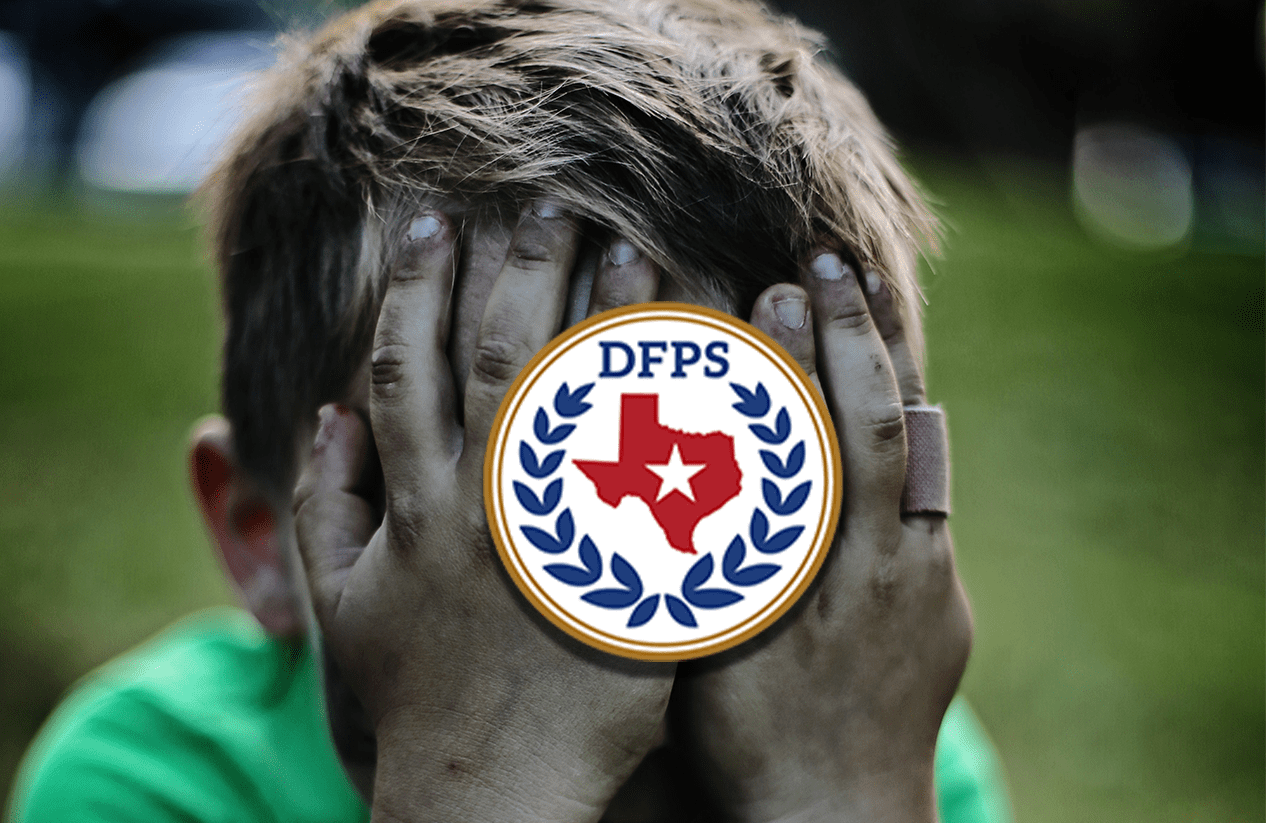Several democrat-controlled states are on the brink of financial disaster. With Illinois narrowly averting a budgetary crisis and junk-bond rating, several other states like New Jersey and Massachusetts are experiencing the predictable result of years of fiscal mismanagement.
Meanwhile, a Mercatus Center report ranks Texas 23rd in fiscal health, or just barely above average. In his first called special session of the 85th Legislature, the governor made strengthening Texas’ constitutional spending limit a top priority.
On Saturday, the Senate Committee on Finance considered SB 9 by State Sen. Kelly Hancock (R-Fort Worth). The bill seeks to redefine the economic growth measure used for the limit from personal income to a more accurate reflection of growth, namely population and inflation.
In addition, Hancock’s bill would extend the applicability of the constitutional limit to dedicated general-revenue expenditures, which would bring over 50 percent of the budget under the constraint. Calculations to determine the new limit would incorporate averages of past data and future projections, instead of relying solely on estimates that customarily led to wild inaccuracies.
Asked whether implementing the change would hamstring future legislatures from flexibility, Hancock noted that the limit is a soft one, meaning that the legislature could vote to exceed the limit with a three-fifths vote of the House and Senate.
During the hearing, State Sen. Juan Hinojosa (D-McAllen) inquired as to whether the point of the bill was to fulfill a conservative dream of shrinking government, but Hancock explained that the limit is not only designed to rein in the rate of growth, but reasonable increases in spending are contemplated and lawmakers have the option of exceeding the limit by action of the body.
Testimony by Texas Public Policy Foundation economist Vance Ginn indicated that from FY 2004-05 to the present, growth in state spending has exceeded population and inflation by 11.8 percent. According to Ginn, this amounts to $22 billion over population and inflation that the state is spending in the current biennium, equating to $1,600 more in taxes that a typical Texas family of four has to remit to the state.
Also in support of the bill was Terry Holcomb, a State Republican Executive Committee committeeman representing the Republican Party of Texas. Holcomb’s comments included a recitation of GOP platform plank 167, which garnered 93 percent support from the convention and reads as follows:
“Spending Limitations – Amend the Texas Constitution and state statute with a stricter spending limitation based on population growth and inflation, and apply the new limit to all General Revenue and General Revenue-dedicated state spending.”
Other testimony suggested that more accurate figures to calculate increased government expenses exist, such as the state and local government price deflator.
During the regular session of the 85th Legislature, Hancock passed an identical bill through the upper chamber, only to have it gutted and killed in the House. The new measure passed in the Senate Committee on Finance by a 10-4 vote and will now make its way to the Senate floor for consideration by the full body.




